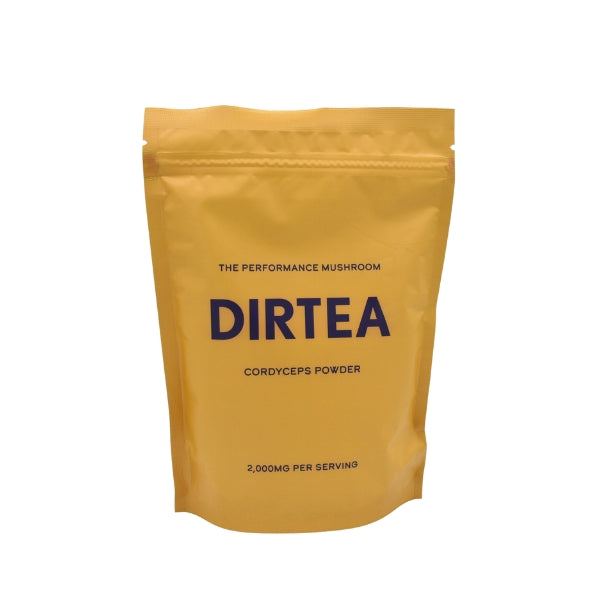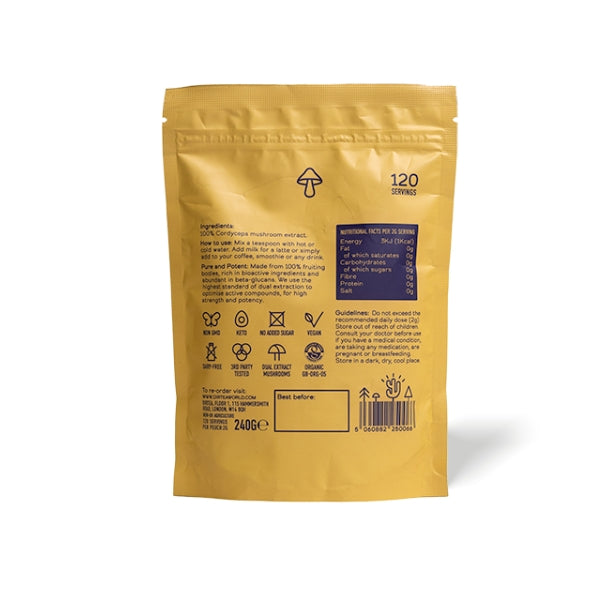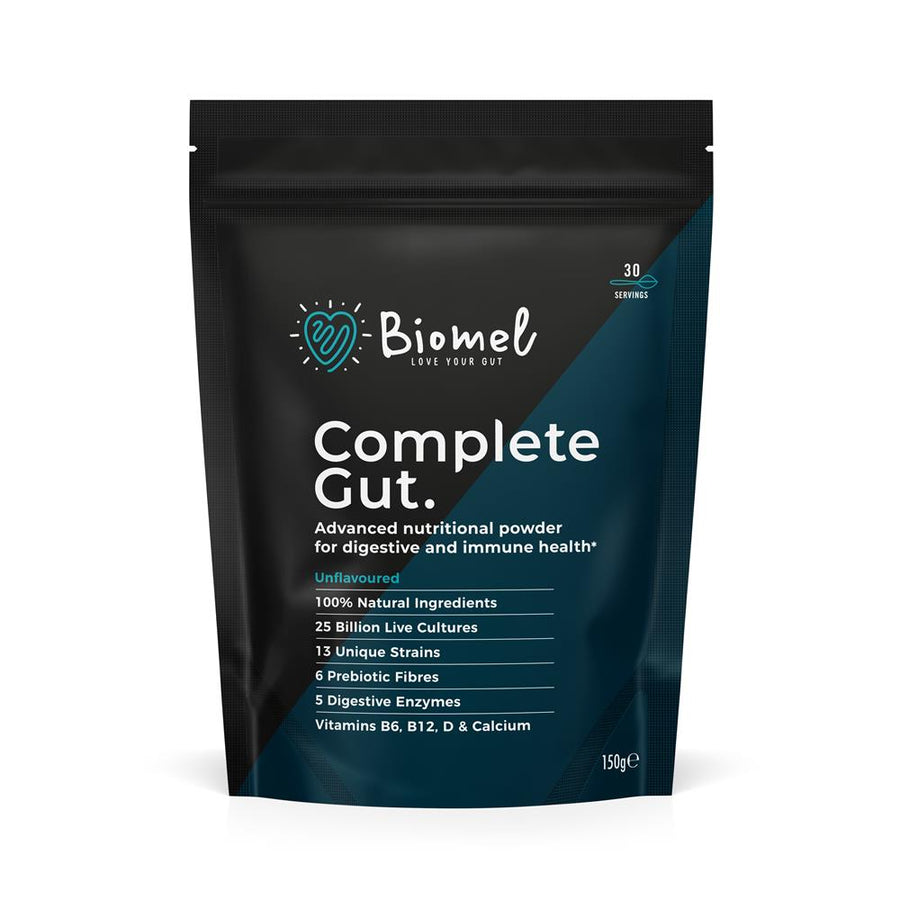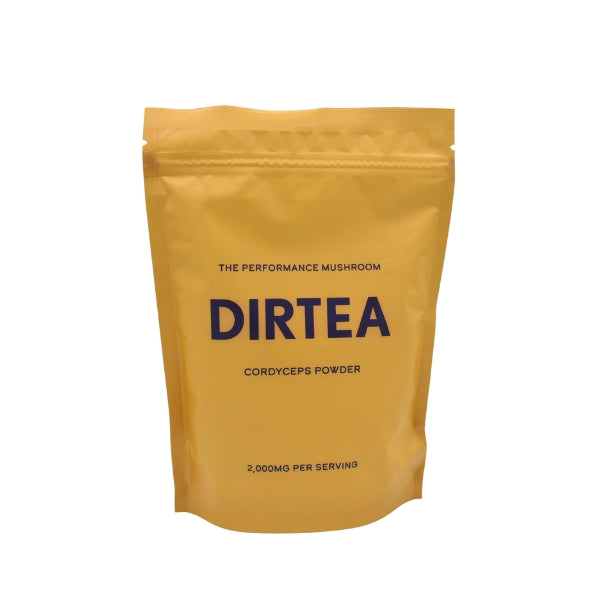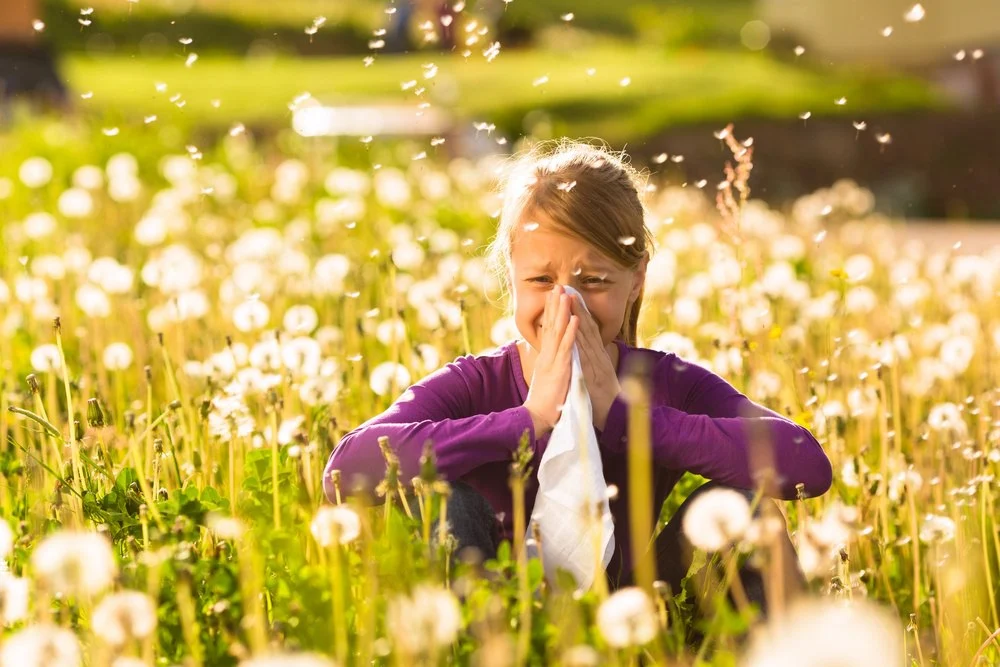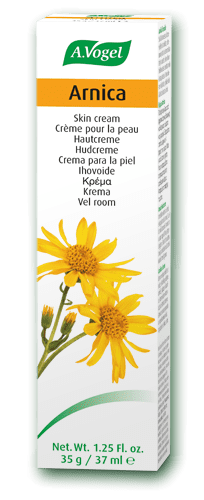How does a Plant Based Diet Help Climate Change?
Climate change is once again dominating the media airwaves right now, and rightly so. In the wake of world leaders coming together for the recent Cop26 summit in Glasgow, it is evident now that what we all choose to do in the present will determine what sort of a world our children and their children will live in for the years to come.
What can individuals do for climate change?
You don't need to be a big world leader to make a stand for climate change. Start with little ideas and try to develop them as you go. For example, you may wish to change the way you Travel (did you really need to take the car to work today?) or if you're part of a big family Household, consider your overall Energy use and make sure you turn off all those lights & running taps. However, anyone who truly cares about the planet and the future of its inhabitants can make one really simple change; their diet.
How does the food we eat affect climate change?
A large share of greenhouse gas emissions comes from producing Food, and in particular those that are dairy or meat based. The production of these foods and their subsequent transportation after manufacture, produce greenhouse gas (GHG) emissions that have a negative effect on climate change. Storing waste food upon landfills, further contributes to GHG emissions.
Why is a plant-based diet better for the environment?
'Living off the land' and consuming a plant-based diet, is far more efficient, not to mention cost-effective, than eating animal foods. Some studies carried out last year suggested that choosing plant-based foods would reduce greenhouse gas emissions per person by more than 3%, while the Veganism Impact Report stated that there would be a seventy percent decrease in CO2 food-related emissions if the world's population of meat eaters simply switched to a vegan diet.
Do we need meat to survive?
There is certainly no substantial evidence to suggest a nutritional requirement for people to consume animal products. Plant-based diets are also linked to a lower risk of obesity, metabolic syndrome, and lower Blood Pressure. However, removing dairy, meat and seafood products from your diet will leave you susceptible to a lack of vitamin B12, Zinc and Iodine. To achieve optimal levels of these nutrients, you would therefore be required to obtain them through supplementation.
Are electric toothbrushes environmentally friendly?
Okay, so you've changed your diet, had your plant-based evening meal and now it's time to brush your teeth. But despite the high praise electric toothbrushes get for keeping your teeth clean, their brush heads are not recyclable so every time you throw an old one away, they eventually end up in a landfill. Many toothbrushes are also made from nylon and polypropylene plastic too, which come from fossil fuels and often end up in our waterways. To put it simply, the hundreds of toothbrushes you’ve already used in your lifetime are bound to outlive you in a landfill or in our oceans.
What is the most eco-friendly toothbrush?
Here at Natures Healthbox, we have an outstanding selection of the most eco-friendly toothbrushes for you to choose from. Each Toothbrush is just one of the little ways to make a BIG difference when it comes to climate change.
Does toothpaste pollute?
Believe it or not but many of the microbeads found in most regular toothpastes have been contributing to plastic pollution in our lakes & oceans for years!
Along with other regular cleaning products, such as Soap and Face Washes, many studies have revealed that toothpaste consists of synthetic polymers, like polypropylene or polyethylene, which act as exfoliation materials and eventually wash down our plugholes after use. But because they wash down our drains, they become extremely difficult to detect and subsequently clean up on a larger scale.
What is the most eco-friendly toothpaste?
Once you’ve switched your toothbrush for a sustainable one, it’s time to look at our unrivalled selection of alternative Toothpaste products, which are made with all natural ingredients but still deliver optimal dental hygiene results without harsh abrasives or irritating chemicals.
Conclusion:
So "What is the main message about climate change?" I hear you ask. Well to understand this we only have to look at the recent change in extreme weather conditions, with heavier rains, melting glaciers & hotter heat waves that affect our planet in unpredictable ways. Human-induced climate change has become a global concern over the last few decades but if we look to reduce short-lived climate pollutants now, then perhaps it will give our future family a better chance to decrease the risks of food security, global temperature rises, but ultimately live a happier & healthier lifestyle.
